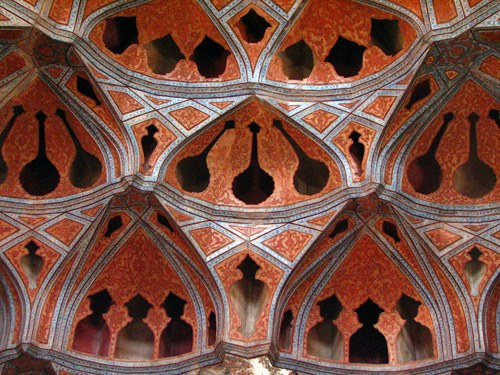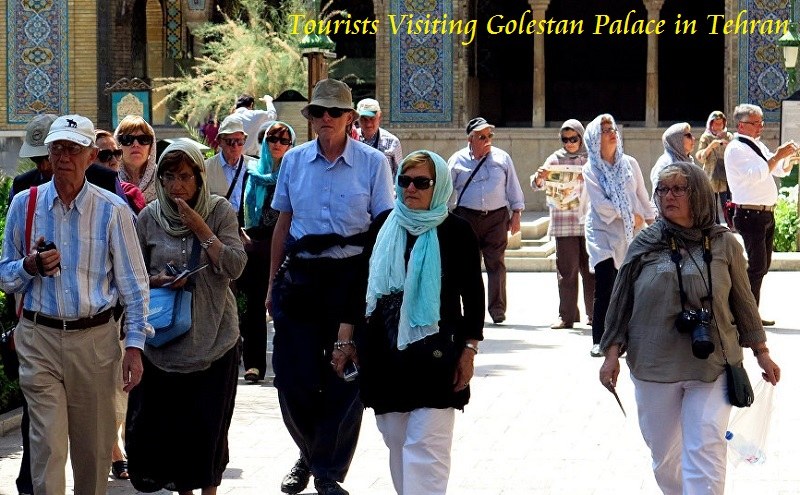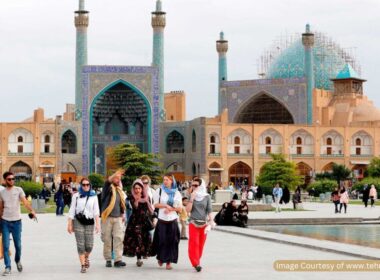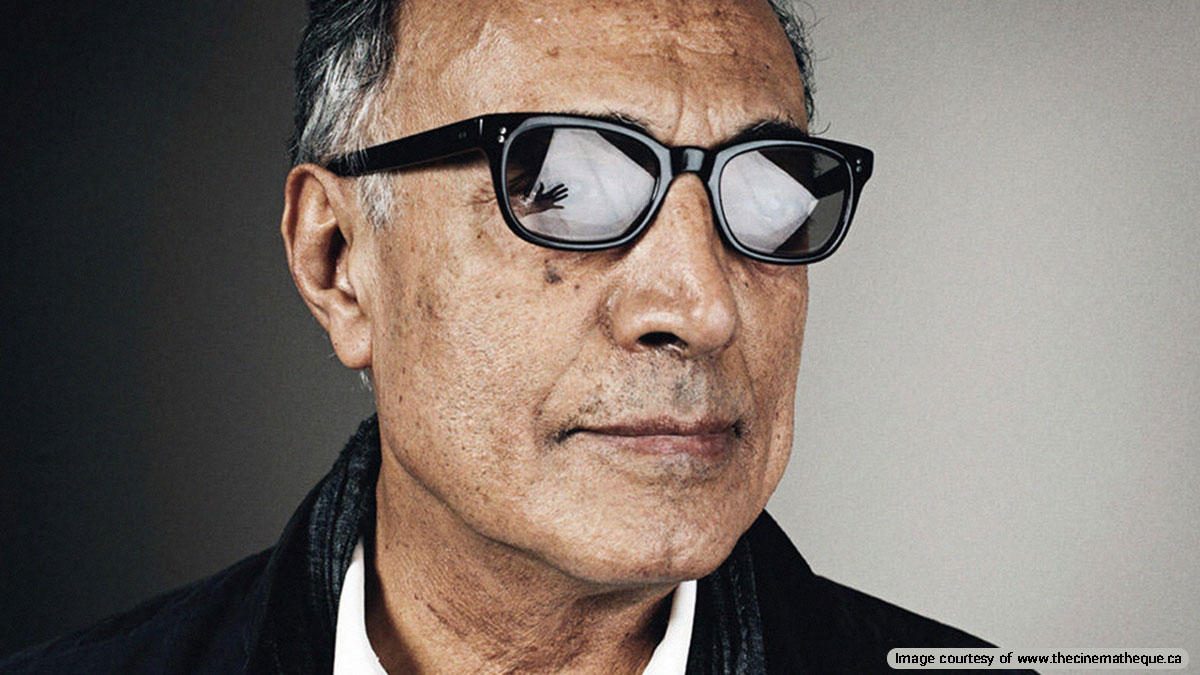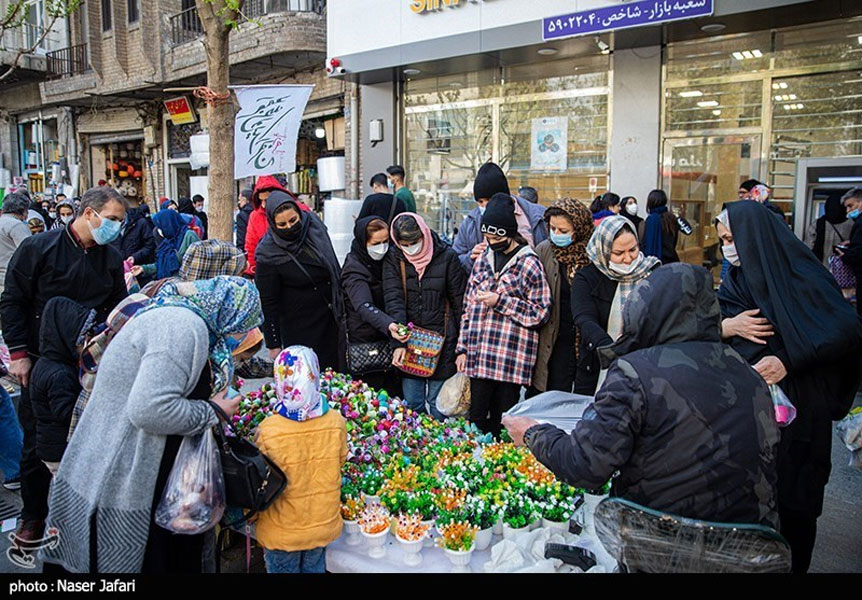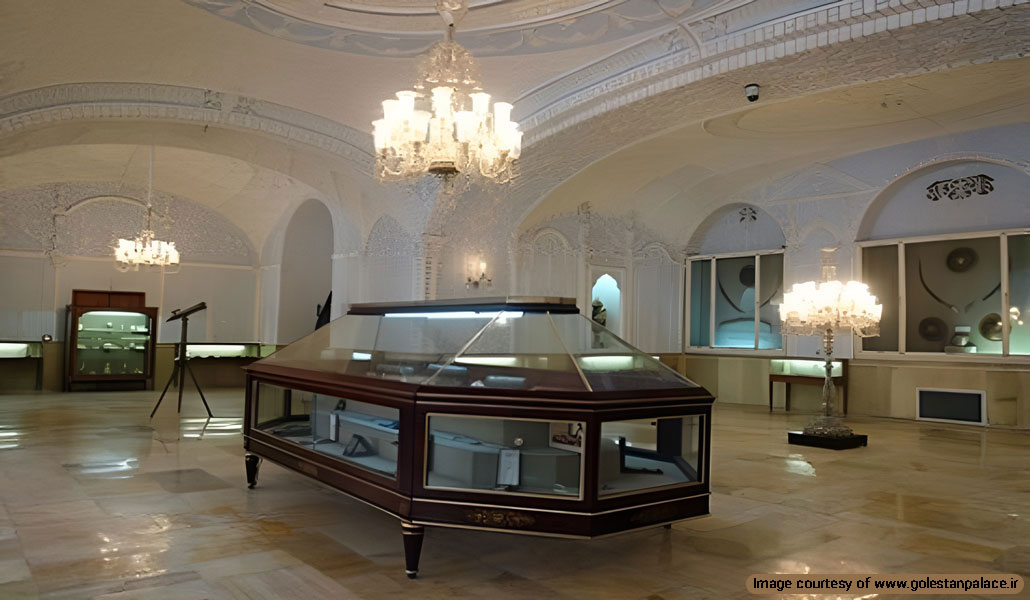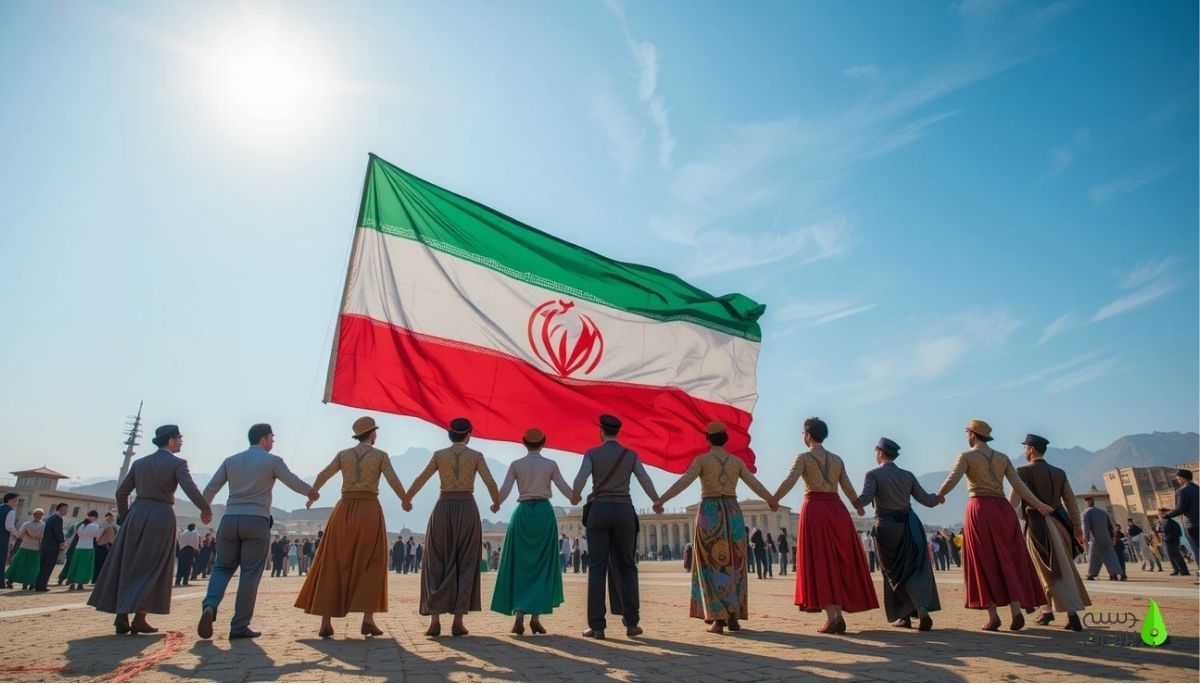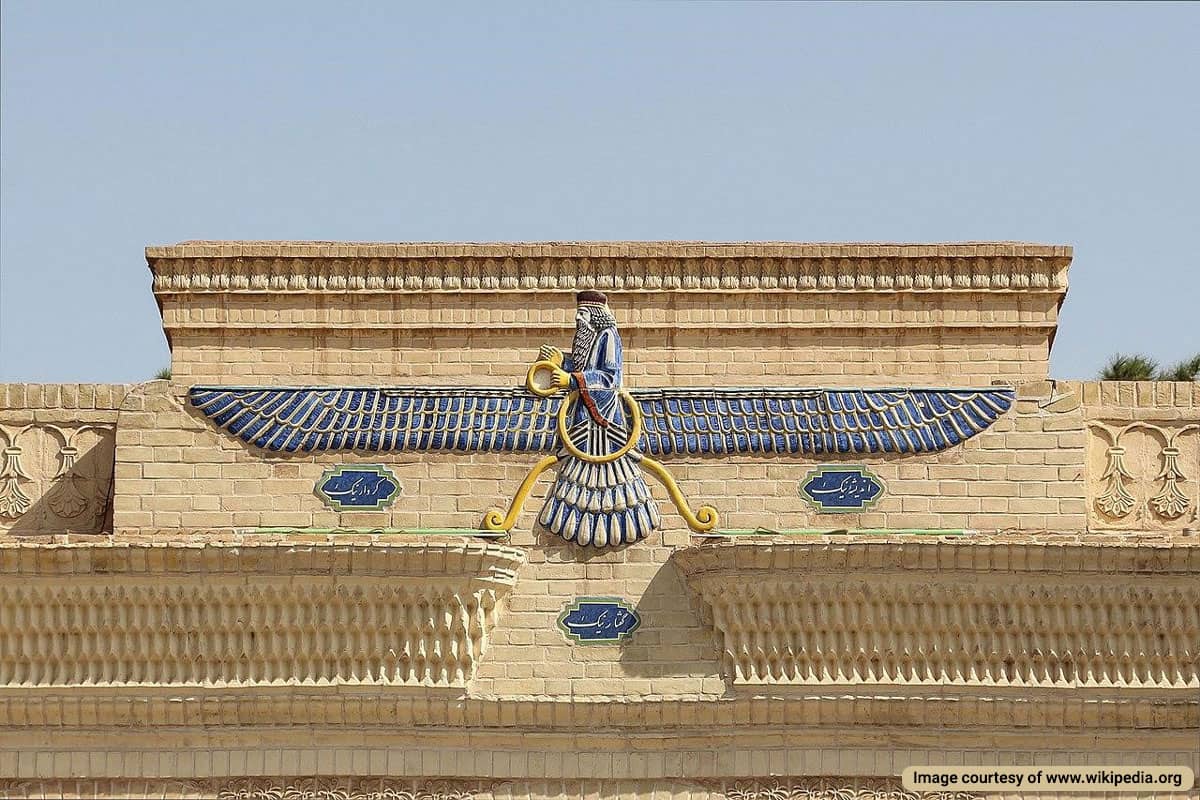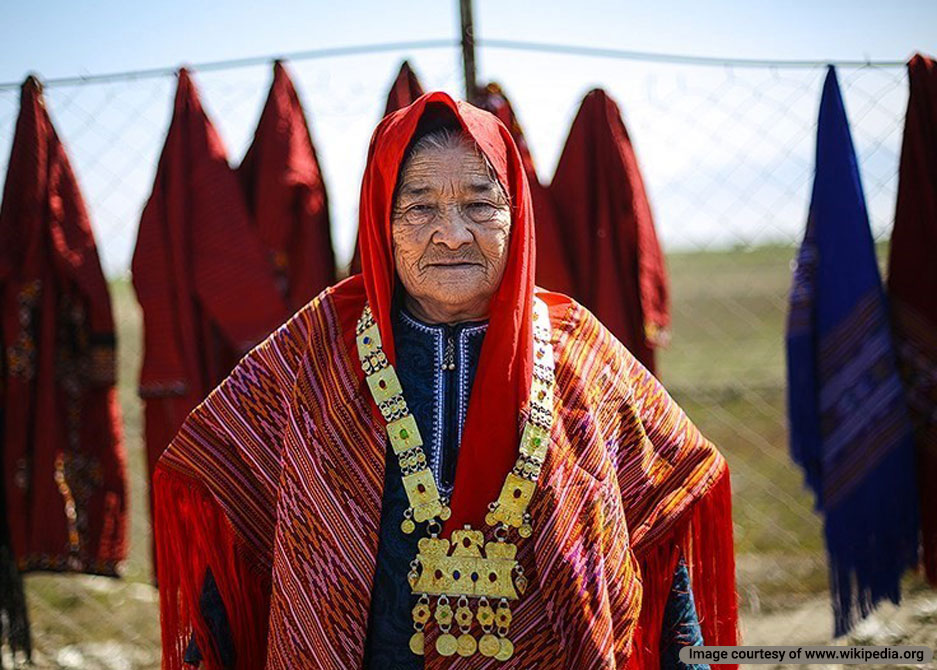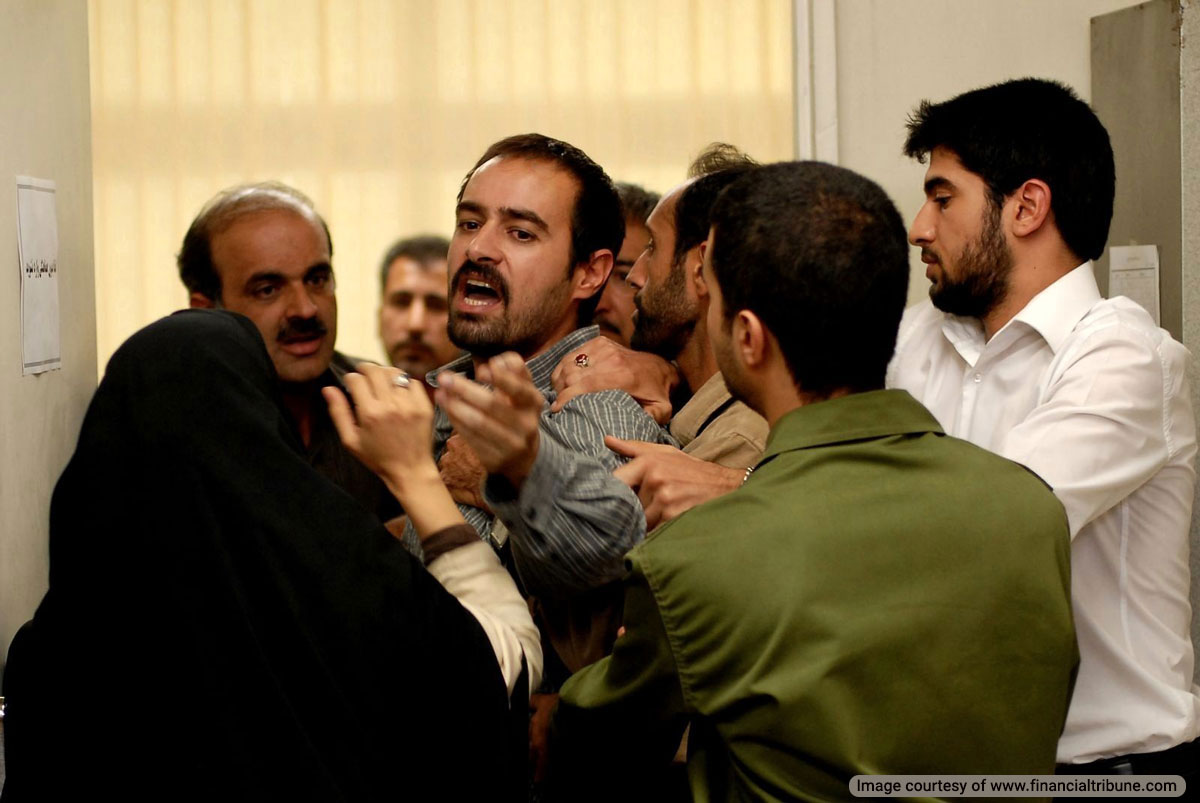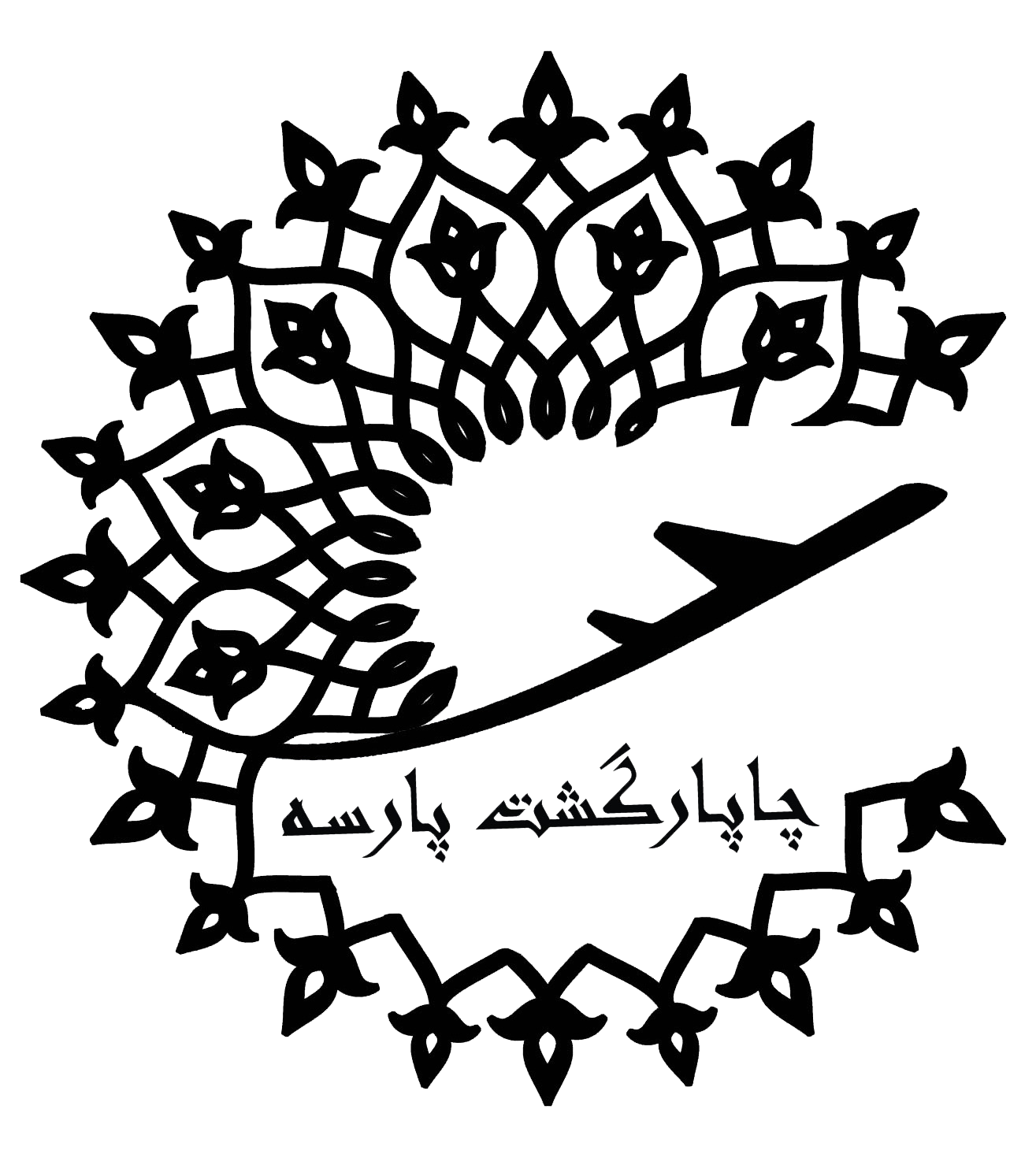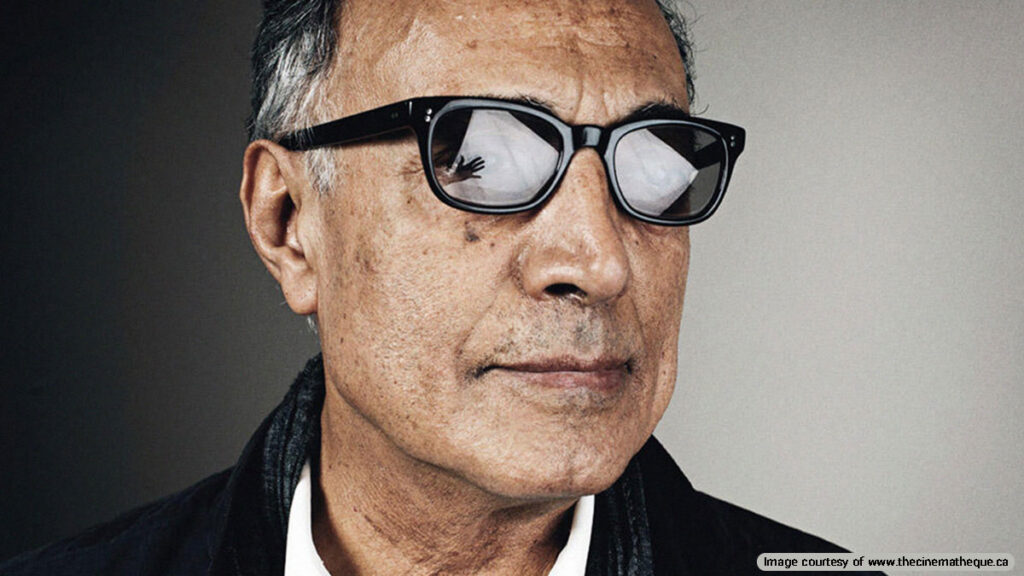
Iranian cinema boasts a wealth of talent and creativity, with famous Iranian filmmakers shaping narratives that reflect the intricate tapestry of their culture. Their films don’t just entertain; they provoke thought, challenge perceptions, and bridge cultural gaps on the global stage.
In this post, we’ll introduce ten iconic Iranian filmmakers whose unique perspectives have left lasting marks on the world of cinema. You can visit the Cinema Museum of Iran in Tehran to learn more about their role in the history of cinema in Iran.
1.Abbas Kia Rostami
Abbas Kiarostami (1940-2016), a titan of world cinema, is celebrated for his groundbreaking approach to storytelling. His acclaimed film “Taste of Cherry” won the prestigious Palme d’Or at the Cannes Film Festival in 1997, a testament to his profound narrative style that combines fiction with reality.
Kiarostami’s films often invite audiences to contemplate life’s fundamental questions, blending the mundane with the philosophical and resonating widely with viewers both in Iran and abroad.
Kiarostami’s innovative techniques often blur the lines between reality and fiction, inviting viewers to participate in the storytelling process. His use of non-professional actors and real locations contributed to a sense of authenticity that permeates his films. The distinct narrative structure in works like “Close-Up,” where a real-life trial is interwoven with a cinematic reenactment, exemplifies his genius in exploring the nature of identity and truth in art. Kiarostami has influenced countless filmmakers worldwide, and his legacy endures as a pioneering force in the global film community.
2.Bahram Beyzai
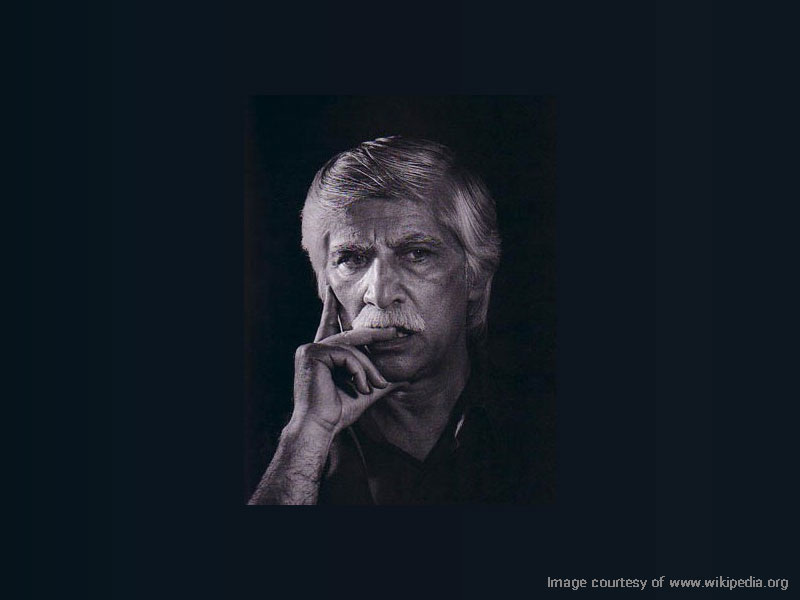
Bahram Beyzai (born 1938) is an iconic figure in both Iranian cinema and theater, admired for his storytelling prowess and cultural depth. His films, including “Bashu, the Little Stranger,” draw from folklore and historical narratives, exploring themes of identity and resilience. Beyzai’s artistry enriches Iranian cultural discourse, solidifying his legacy among famous Iranian filmmakers as a masterful storyteller and cultural ambassador.
Bahram Beyzai’s dedication to preserving Iranian folklore and literature through film has cemented his status as a cultural custodian of sorts. His intricate narratives delve into themes of nostalgia, loss, and the search for identity, often blending history with emotional resonance. Films such as “The Talisman” showcase his meticulous attention to detail and deep understanding of the human condition, making him a revered figure in both cinema and theater. Beyzai’s commitment to storytelling as a form of cultural expression ensures that the richness of Iranian narratives will continue to influence and inspire audiences for generations to come.
3.Ali Hatami
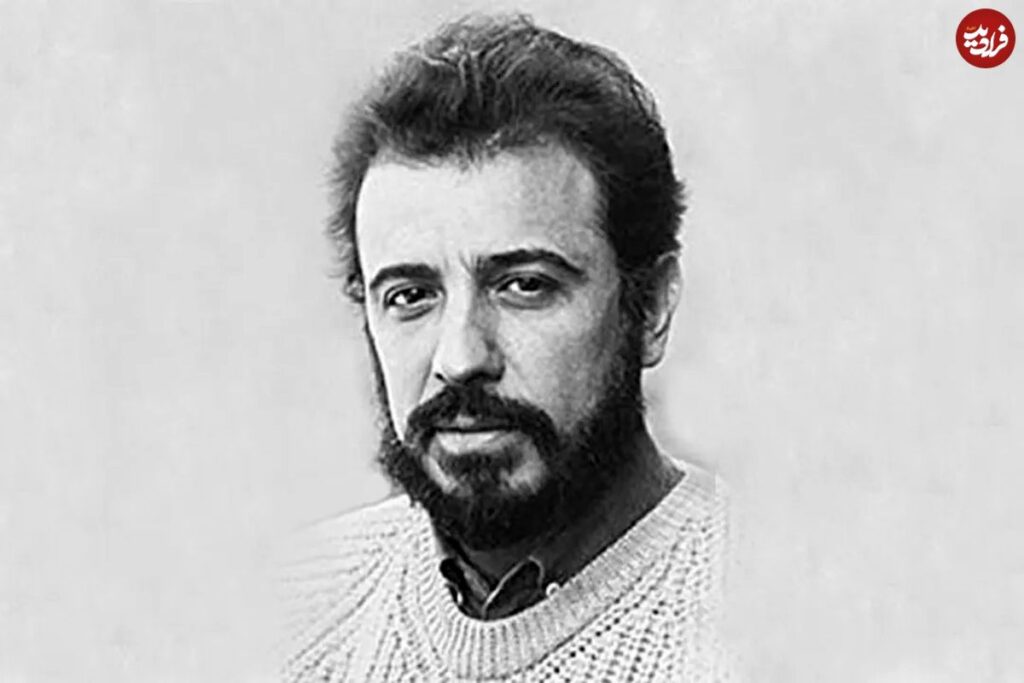
Ali Hatami (1925-1996) remains a cornerstone of Iranian cinema, known for his lavish historical dramas that delve into themes of identity and nationalism. His cinematic masterpiece “Kamalolmolk” explores the life of a renowned painter and embodies the essence of artistic dedication. With films like “The Ruler,” Hatami captures the cultural pride and struggles of the Iranian populace, weaving vibrant narratives that continue to inspire a sense of heritage and belonging among audiences.
Beyond his cinematic prowess, Ali Hatami was a master at crafting visual poetry, often blending lush cinematography with intricate storytelling. His dedication to preserving Iranian culture and history has made his films not just entertainment but also educational artifacts that reflect the nation’s collective memory. In films like “The Wheel,” Hatami adeptly showcases the interplay between personal and political narratives, illustrating the impacts of time and change on family and society. His commitment to authenticity in costume and set design further elevates the cultural significance of his work.
4.Asghar Farhadi
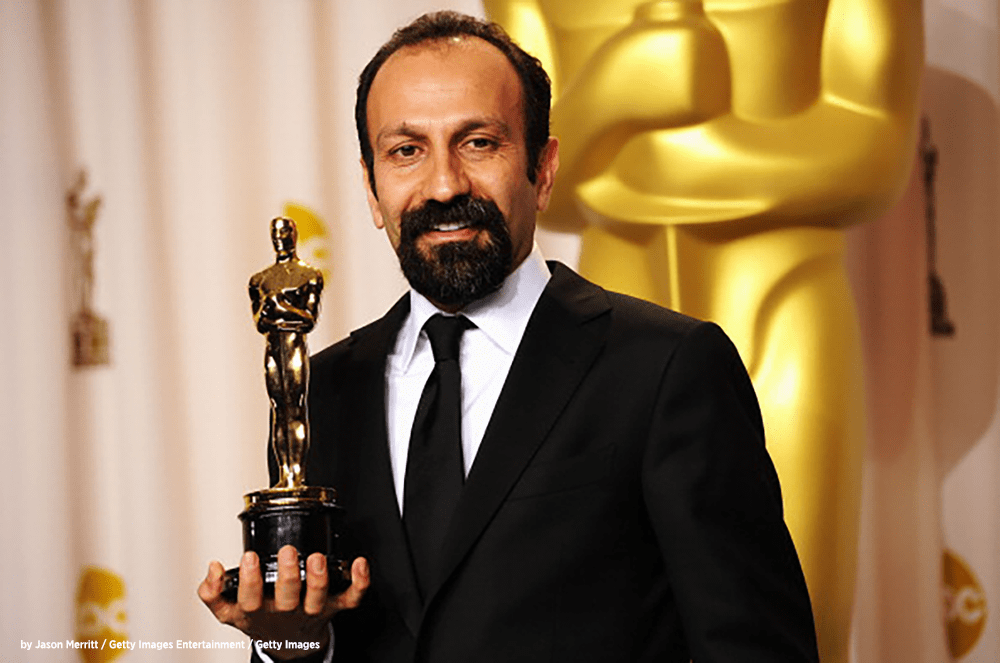
Asghar Farhadi (born 1972) stands out as one of the most compelling voices in contemporary cinema, known for intricate narratives that examine the moral complexities of human relationships. His celebrated film “A Separation,” which earned the first Academy Award in Iran’s history in 2012, showcases his ability to intertwine personal dilemmas with broader societal issues. Farhadi’s exploration of themes like family and ethical ambiguity resonates deeply, marking him as a significant figure among famous Iranian filmmakers.
Farhadi’s meticulous attention to character development and moral ambiguity allows him to delve deep into the human psyche, making his stories universally relatable. His ability to depict the complexities of relationships creates multi-layered narratives that challenge audiences to reflect on their own lives. In addition to “A Separation,” films like “The Salesman” explore themes of justice, revenge, and morality, prompting discussions that transcend cultural barriers. Farhadi’s profound impact on global cinema has earned him numerous accolades, as he remains a beacon of storytelling excellence.
5.Masoud Kimiai
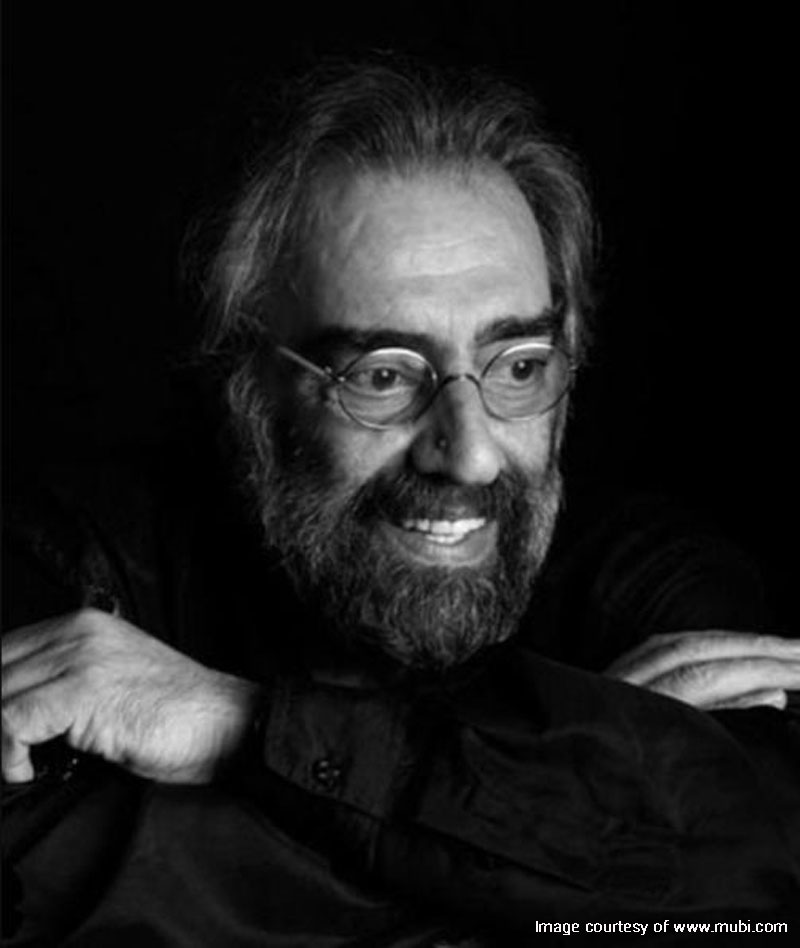
Masoud Kimiai (born 1941) infuses his work with raw emotion and a sense of justice that resonates with audiences. Emerging as a key figure during the Iranian New Wave, his impactful film “The Deer” tells a powerful story of social injustice, reflecting the struggles faced by marginalized communities. Kimiai’s commitment to exploring these themes has solidified his status as one of the great famous Iranian filmmakers, and his work continues to spark critical discussions in Iranian society.
Masoud Kimiai’s films are distinguished by their strong narratives and rich characterizations, often inspired by the tumultuous political history of Iran. His storytelling is deeply rooted in social realism, providing a window into the struggles and aspirations of ordinary people. Works like “Gavaznha” showcase his ability to address themes of betrayal and honor dramatically. Kimiai’s films resonate with the complexities of Iranian identity, making him a vital voice in articulating cultural narratives while simultaneously engaging with contemporary issues that challenge society.
6.Rakhshan Bani-Etemad
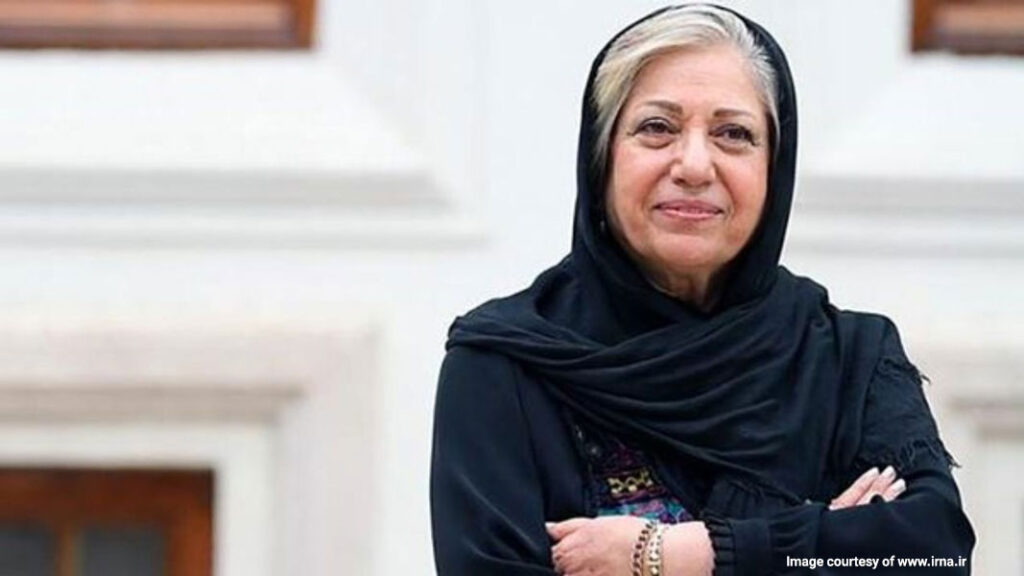
Rakhshan Bani-Etemad is a prominent Iranian film director and screenwriter. Often referred to as the “First Lady of Iranian Cinema,” her films are renowned for their social realism and focus on the lives of Iranian women. Born on April 3, 1954, in Tehran, she graduated in film studies from the Faculty of Dramatic Arts in Tehran.
Bani-Etemad’s work has been critically acclaimed, earning her numerous awards and recognition nationally and internationally. Some of her notable films include “Nargess,” “The Blue-Veiled,” and “Under the Skin of the City.” Her films often depict the struggles of women and marginalized groups in Iranian society, bringing their stories to the forefront.
7.Dariush Mehrjui
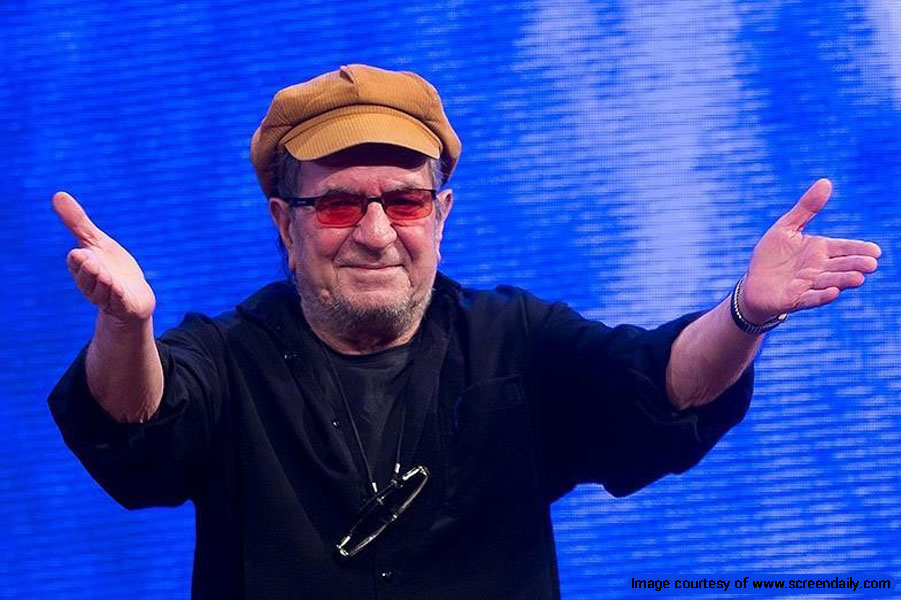
Dariush Mehrjui (born 1939) is often considered a pioneer of Iranian New Wave cinema, with his landmark film “The Cow” heralding a new era in storytelling. His ability to merge psychological depth with socio-political commentary brings a unique lens to the human condition. As a filmmaker, Mehrjui has fostered an environment that encourages artistic expression, and his works remain influential in shaping modern Iranian cinema.
Dariush Mehrjui’s unique storytelling style often incorporates elements of magical realism, creating a dreamlike quality that lingers with audiences long after viewing. His films frequently blend humor with bitter social commentary, skillfully drawing attention to societal pressures and individual dilemmas. As a director who prioritizes character-driven narratives, Mehrjui explores the intersections of art, culture, and personal resilience, highlighting the significance of storytelling as a means of understanding the self. His contributions to cinema continue to inspire new filmmakers seeking to weave rich narratives within the cultural fabric of Iran.
8.Majid Majidi
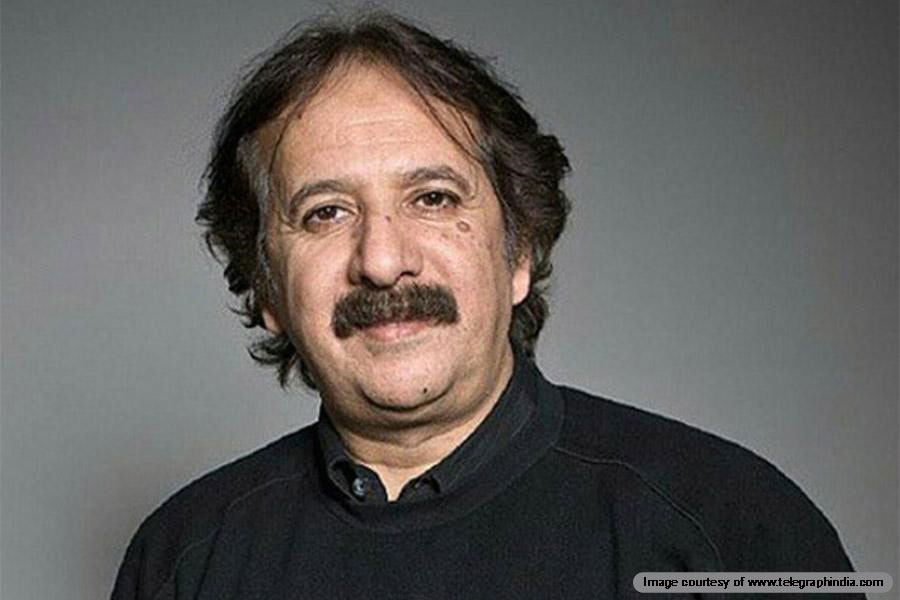
Majid Majidi (born 1959) captivates audiences with his heartfelt storytelling, frequently focusing on childhood and the innocent experiences of youth. His film “Children of Heaven” (1997) garnered an Academy Award nomination, highlighting his talent for evoking emotion through simple yet profound narratives. Majidi’s ability to portray the beauty and hardship of life in Iran makes him a treasured member of the famous Iranian filmmakers, with works that resonate across cultural divides.
Majidi masterfully uses cinematography to evoke emotion, transforming ordinary moments into visual masterpieces. His films often portray the struggles and joys of everyday life, particularly focusing on the innocence of childhood amidst social hardships. In works like “The Color of Paradise,” he captures profound themes of love, loss, and belonging, reflecting on the essence of the human experience. His artistic vision transcends cultural boundaries, allowing global audiences to connect with the themes he explores, ultimately reinforcing the power of cinema as a medium for empathy and understanding.
9.Mani Haghighi
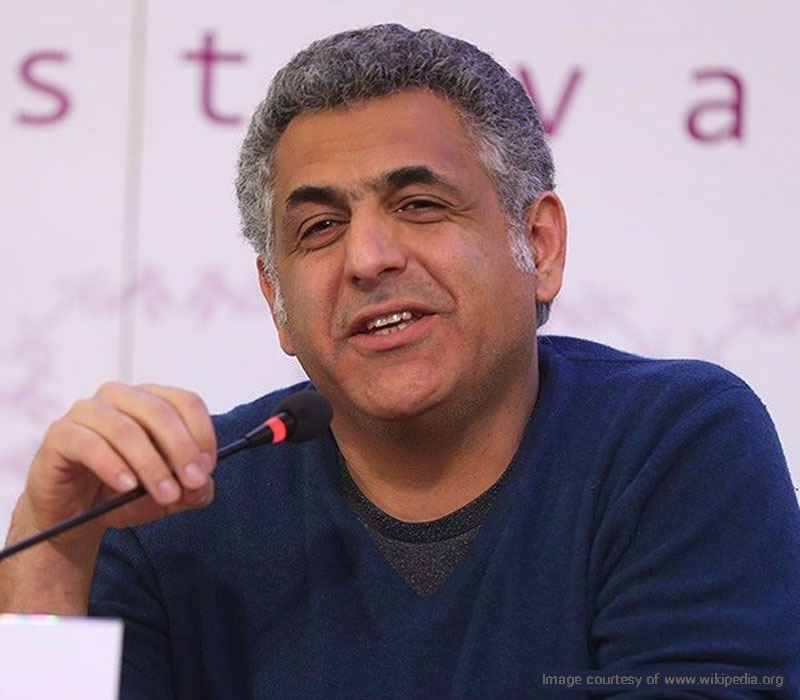
Mani Haghighi (born 1977) is known for his genre-blending films that fuse satire with dark social commentary. His works, such as “Modest Reception” and “The Last Fiction,” utilize dark humor to tackle contemporary issues faced by Iranians. By challenging societal norms and pushing boundaries, Haghighi has carved out a unique stance within Iranian cinema, earning his title as one of the most innovative and famous Iranian filmmakers.
Mani Haghighi’s sharp wit and keen insight into contemporary society set him apart as a distinctive voice among famous Iranian filmmakers. His incorporation of surrealism and dark comedy invites audiences to reflect on the absurdities of life while highlighting the struggles inherent in modern existence. In films like “A Dragons Arrive,” Haghighi masterfully blends genres and tones, creating a rich tapestry of themes related to alienation, identity, and art. His willingness to defy conventions fosters a fresh dialogue within Iranian cinema, encouraging viewers to engage critically with the films they watch.
10.Amir Naderi
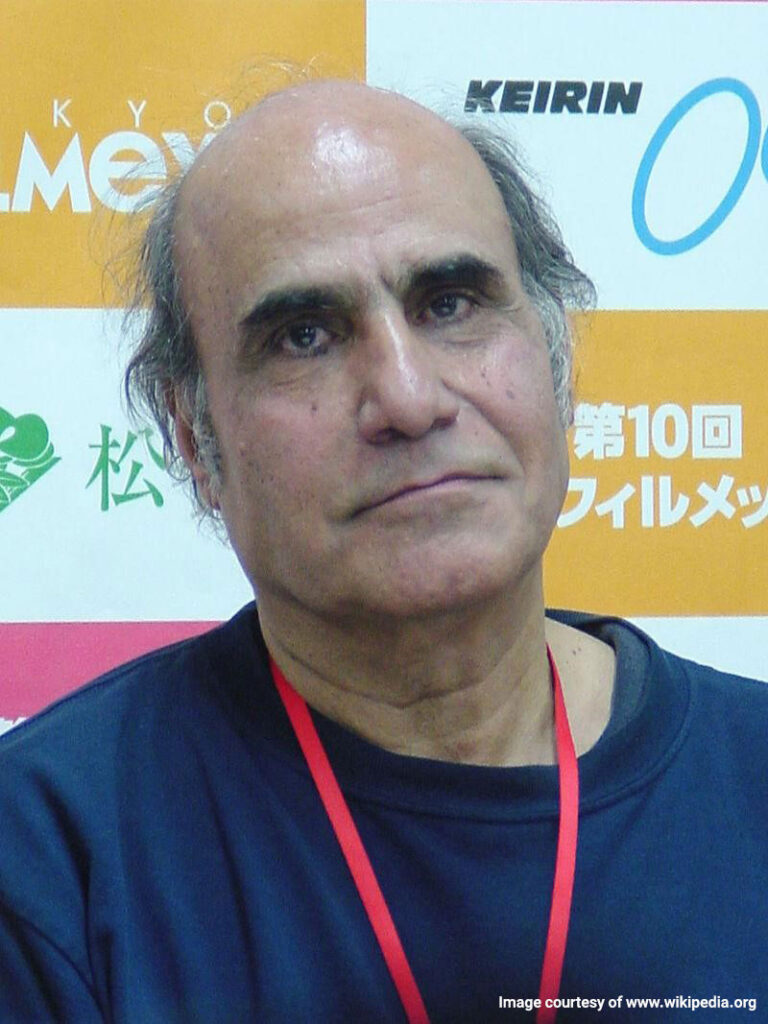
Amir Naderi is a renowned Iranian filmmaker for his influential contributions to Iranian cinema. Born 1946 in Abadan, Iran, he started his career as a photographer before moving on to filmmaking. Naderi gained international acclaim with his film “The Runner” (1985), often cited as a masterpiece of Iranian cinema. His works are characterized by their focus on the struggles of the underprivileged and the resilience of the human spirit.
Naderi’s films have been screened at numerous international film festivals and have received various awards. He eventually moved to the United States and continued his career, making films exploring Iranian and American themes.
Discover The Greatest Movies In Iranian Cinema History
Have you had the chance to enjoy any of these cinematic gems? If you’re hungry for more and want to dive deep into the vibrant world of Iranian film, we highly recommend a visit to the Cinema Museum of Iran. It’s an inspiring journey through the art of storytelling that you won’t want to miss. Join us in celebrating the magic of Iranian cinema—you might just discover your next favorite film!
Frequently Asked Questions About Famous Iranian Filmmakers
If you have any other questions about Iranian cinema and movies, please let us know in the comments. We will respond as soon as possible.
Who are some of the most famous Iranian filmmakers?
Some of the most renowned Iranian filmmakers include Abbas Kiarostami, Asghar Farhadi, Samira Makhmalbaf, and Dariush Mehrjui, each known for their unique storytelling and cinematic styles.
What themes are commonly explored in Iranian cinema?
Iranian cinema often delves into themes of identity, social justice, family dynamics, and cultural heritage, frequently reflecting the nuances of everyday life and historical context.
How can I watch Iranian films?
Many Iranian films are available on streaming platforms, international film festivals, and regional cinema screenings. Look for critically acclaimed titles to start exploring.
What is the significance of the Cinema Museum of Iran?
The Cinema Museum of Iran offers visitors an in-depth look at the country’s cinematic history, showcasing artifacts, films, and exhibitions that highlight the evolution of Iranian cinema.
Are Iranian films suitable for all audiences?
While many Iranian films are family-friendly, some may contain mature themes and cultural references. It’s best to check individual film ratings and descriptions before viewing.



